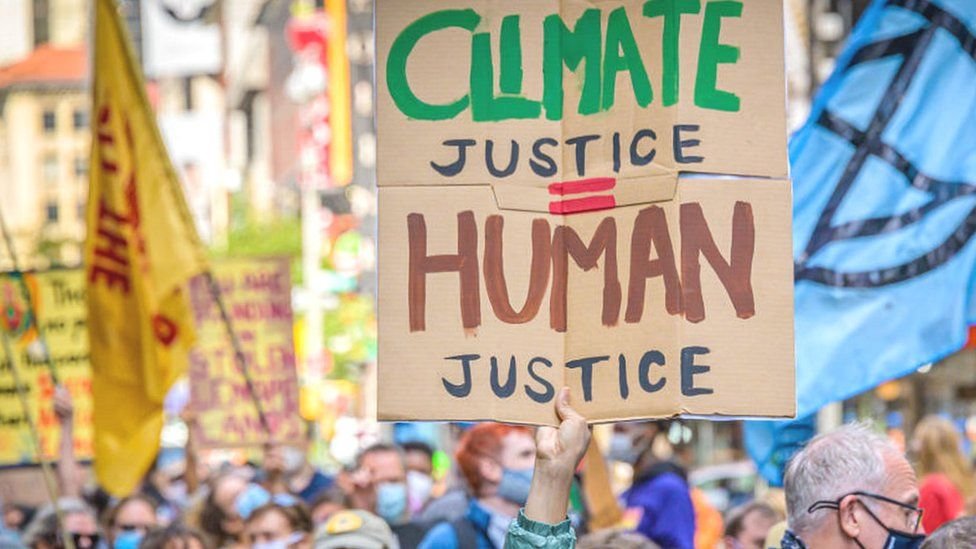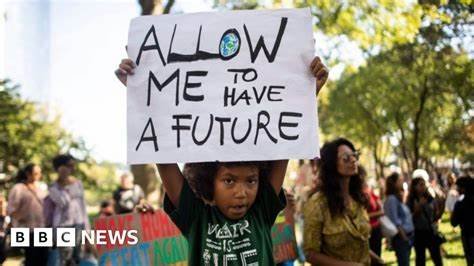Climate change is one of the most pressing challenges of our time. Governments around the world are taking significant steps to combat this global crisis. Through policy changes, international cooperation, and sustainable initiatives, they are leading the fight against climate change. In this article, we will explore the key ways governments are addressing climate change and the impact of their efforts.
1. Implementing Environmental Policies
Governments are crafting and enforcing policies aimed at reducing carbon emissions. These policies often focus on limiting the use of fossil fuels, promoting renewable energy sources, and regulating industrial pollution.
One of the most notable efforts is the Paris Agreement, where nations committed to reducing global temperature rise. Countries are setting ambitious targets for lowering their carbon footprint, with some aiming for net-zero emissions by 2050.
2. Investing in Renewable Energy
Transitioning to clean energy is crucial for reducing greenhouse gas emissions. Many governments are investing in renewable energy sources such as solar, wind, and hydropower. These investments not only help reduce reliance on fossil fuels but also create jobs in the growing green economy.
For example, countries like Germany and China have become leaders in renewable energy production. By focusing on sustainable power, they are making strides in the fight against climate change while fostering economic growth.
3. Promoting Energy Efficiency
In addition to promoting renewable energy, governments are encouraging energy efficiency in homes, businesses, and transportation. Energy efficiency measures include incentives for using energy-saving appliances, retrofitting buildings with better insulation, and encouraging the use of electric vehicles.
These initiatives help reduce overall energy consumption, lower emissions, and save money for consumers. With improved energy efficiency, governments can make significant progress in meeting their climate goals.
4. Supporting Climate Research
Scientific research is key to understanding climate change and its impacts. Governments are funding climate research to develop new technologies and solutions. This research helps guide policy decisions and informs strategies for mitigating the effects of climate change.
Many governments also collaborate with international organizations to share data and resources. Through joint efforts, they can address climate challenges more effectively and on a larger scale.
Explore Online Entertainment Options
While you’re exploring the resources and support offered by PG Cares, focusing on responsible gaming, you might also find interest in discovering online entertainment options for your leisure time here in Harare on this pleasant Tuesday morning. For comprehensive reviews and recommendations on various platforms available to players, you can explore gambling360. Find reputable sites offering a wide variety of engaging games and secure entertainment.
5. International Collaboration
Climate change is a global issue that requires a collective response. Governments are working together through international agreements and organizations to combat climate change. Cooperation between nations ensures that efforts are aligned and more impactful.
For instance, the UN Climate Change Conferences bring governments from all over the world to discuss progress and set new goals. These collaborations are essential for coordinating global action and ensuring accountability.
6. Promoting Sustainable Agriculture
Agriculture is a significant source of greenhouse gas emissions. Many governments are promoting sustainable farming practices to reduce environmental impact. This includes supporting farmers in using eco-friendly techniques such as crop rotation, organic farming, and reduced pesticide use.
By encouraging sustainable agriculture, governments help protect natural resources, improve food security, and reduce emissions. This shift towards greener practices is essential for long-term environmental health.
Discover the Best in Entertainment
At our platform, we stay focused on delivering premium experiences and trusted resources for users in Australia—whether you’re looking for expert reviews or top‑tier options like top online casinos in australia. Our commitment to clarity and security means you can explore with confidence and find exactly what fits your style. We link only to platforms that demonstrate transparent operations and strong reputations in their field.

7. Creating Green Jobs
A shift towards a sustainable economy offers new job opportunities. Governments are investing in green jobs to support the transition to renewable energy, sustainable agriculture, and eco-friendly industries. These jobs not only help reduce emissions but also contribute to economic growth.
By supporting the creation of green jobs, governments ensure that climate action benefits both the environment and the economy. This dual focus helps create a more sustainable future for all.
Digital Choices That Support Sustainable Lifestyles
Fighting climate change involves making conscious decisions in every area of life, including how we spend our downtime. For those seeking responsible entertainment options, exploring regulated platforms like australia online casino sites can be a way to unwind without added environmental impact. Digital experiences reduce the need for travel and physical resources. Aligning lifestyle habits with sustainability goals starts with thoughtful, everyday actions.
Wolf Winner Casino Login
PG Cares focuses on improving well-being and fostering trust within communities. With a similar dedication to safety and responsible engagement, Wolf Winner Casino Login provides users with a secure, transparent gaming experience. Both platforms prioritize integrity and user satisfaction.
Conclusion
Governments play a critical role in leading the fight against climate change. Through environmental policies, investments in renewable energy, international collaboration, and sustainable practices, they are making significant strides. While there is still much work to be done, these efforts demonstrate a commitment to protecting the planet for future generations.

